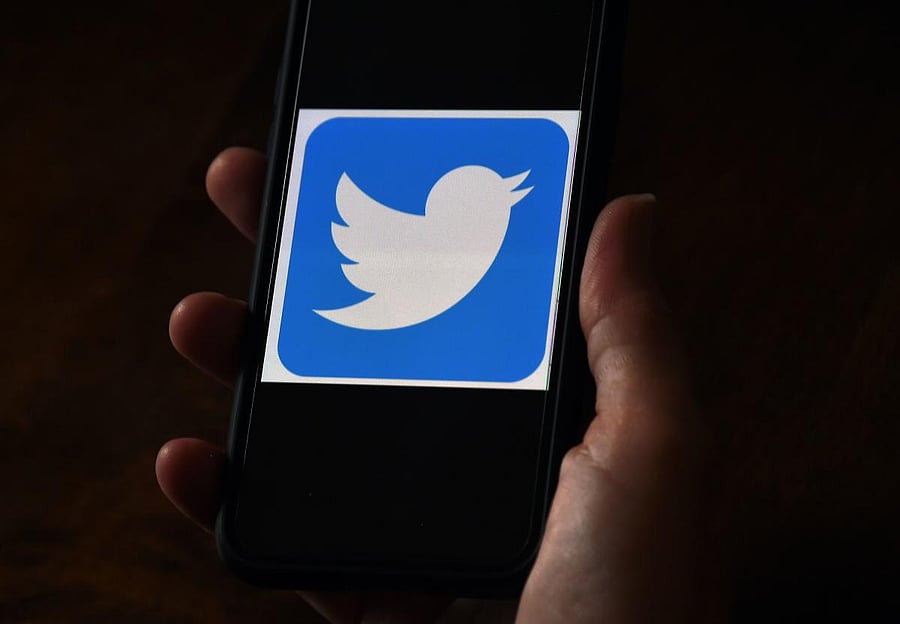
The hacking of Twitter accounts of a number of prominent personalities in the US last week highlights the risk of increasing cyberattacks and the fact that the best protective walls are not good enough to ensure security. The most influential celebrities – from politicians to billionaires -- were targeted using Twitter’s own administrative tools. The victims included former President Barack Obama, Bill Gates, Warren Buffet, Amazon CEO Jeff Bezos, Tesla CEO Elon Musk. Apple and Uber's accounts were also hacked. The attackers gained control of some accounts and siphoned off at least $100,000 in cryptocurrency in at least 300 transactions. The method was to tweet from the hacked accounts asking followers to send bitcoins, promising to double the money in a short period. Twitter has admitted that its most secured systems were vulnerable.
There have been many hackers’ attacks and cyber scams in the past many years and in many countries but the scale, organisation and choice of targets this time has a thrown a challenge to the world. Individual and social lives, science, activities of governments, statecraft and national security, all depend on computers and their networks. The most important requirement of a cyber system is ensuring the security of data and protecting the privacy of information. Failure in this respect can lead to the most disastrous consequences. Reports of Russian interference in US presidential election in 2016 have not been proved wrong. Wikileaks accessed thousands of US military and diplomatic files and made them public. Cyber espionage is an important part of the national security policies of governments and future wars may be conducted in the cyber world.
Cyber warfare and other technological threats to security should concern governments and militaries. Incidents like last week’s affect the lives of individuals and the functioning of institutions and cause disruption and sabotage of financial and other systems. That can also impact industry and areas like science and technology. There have been reports of hackers targeting labs where coronavirus vaccine research is being conducted to steal information for use or for sale. The consequences of crucial information relating to public health, national security or finances falling into wrong hands can only be imagined. Attempts may also be made to influence elections. Repeated incidents of successful hacking, one bigger than the other, should alert the world to the need to build the strongest and the most fool-proof defences against attacks and attempts at subversion.
